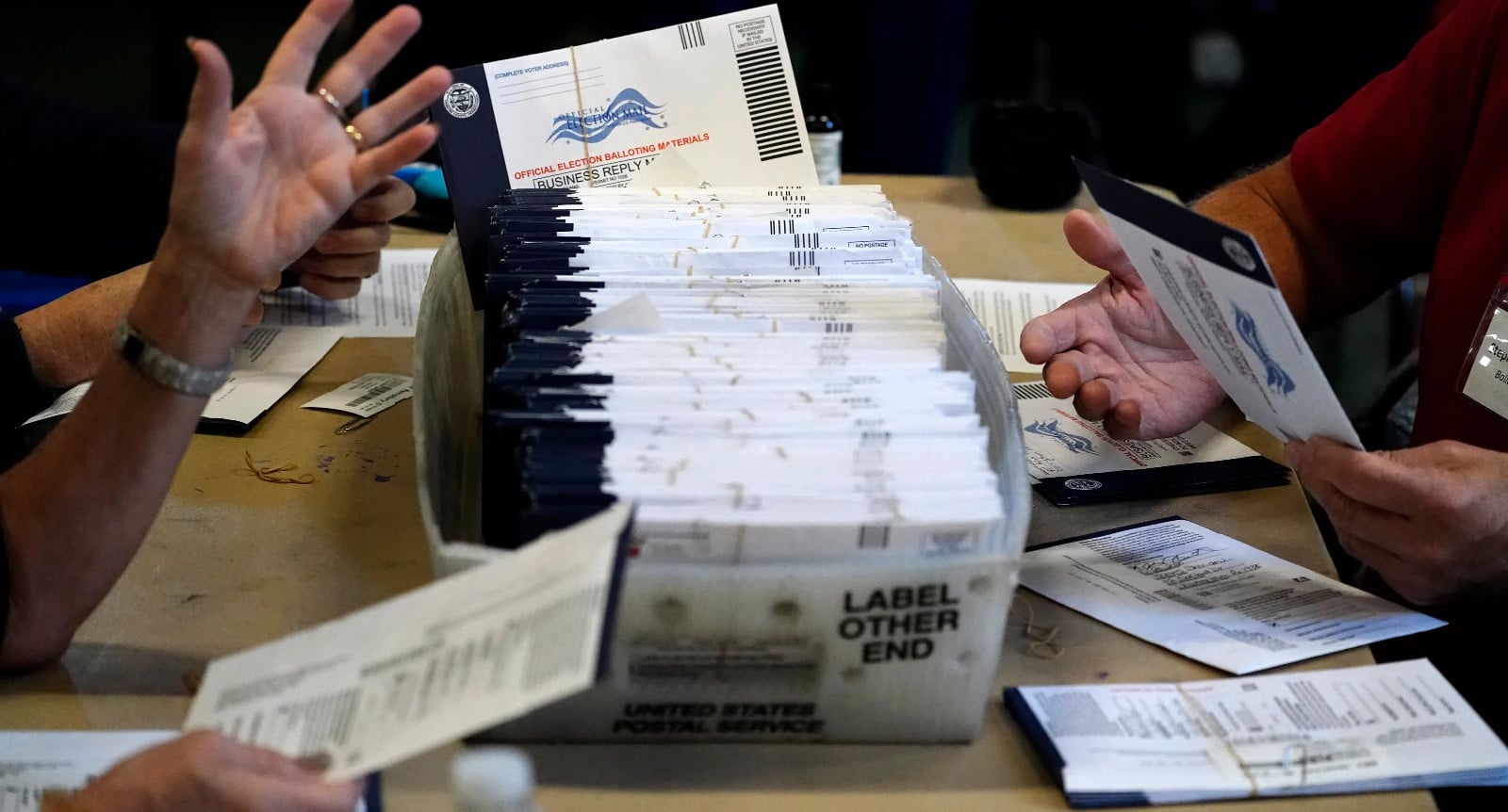OPINION: This article may contain commentary which reflects the author's opinion.
A federal judge dismissed a lawsuit that contested the legality of a Washington, D.C., law that allows non-citizens to vote in local elections, claiming the seven plaintiffs failed to show how the statute had harmed them.
U.S. District Judge Amy Berman Jackson, an Obama appointee, said the plaintiffs, all of whom are U.S. citizens and registered to vote in D.C., did not buy into their argument that the city’s “Local Resident Voting Rights Amendment Act of 2022” violates their Fifth Amendment rights.
The D.C. Council passed the law in 2022, eliminating the requirement for citizenship to vote in municipal elections.
It grants noncitizen residents the right to vote solely in local elections, excluding federal ones, as outlined in legal records. This involves voting for local representatives, as well as on local initiatives, referenda, recalls, or charter amendment proposals.
Furthermore, the law permits noncitizen residents to stand for D.C. government positions and to hold positions on the city’s Board of Elections, according to court documents.
According to the lawsuit filed against D.C.’s Board of Elections, plaintiffs alleged the law “dilutes the vote of every U.S. citizen voter in the District.”
The plaintiffs contended that granting voting rights to noncitizens encroached upon their fundamental right to vote, arguing further that the practice discriminated against both U.S. citizens and native-born U.S. citizens residing in D.C. while also violating the “constitutional right to citizen self-government.”
The plaintiffs asked the judge to prevent the Board of Elections from registering noncitizens to vote and from counting votes cast by noncitizens. However, Jackson ruled that the plaintiffs did not demonstrate that anything had been “taken away or diminished” from them as a result of the law.
“They may object as a matter of policy to the fact that immigrants get to vote at all, but their votes will not receive any less weight or be treated different than noncitizens votes; they are not losing representation in any legislative body; nor have citizens as a group been discriminatorily gerrymander, ‘packed,’ or ‘cracked’ to divide, concentrate or devalue their votes,” the ruling stated.
Jackson also wrote that plaintiffs are “simply raising a generalized grievance.”
Among the plaintiffs were Stacia Hall, who ran as a Republican and lost to D.C. Mayor Muriel Bowser (D) in 2022, and Ralph Chittams, a Republican candidate in 2018 for an at-large seat on the city’s Council, The Hill reported.
The D.C. law came under scrutiny on Capitol Hill, where the House last year passed a pair of resolutions disapproving of the bill and its criminal code. Utilizing the D.C. Home Rule Act’s grant of authority to Congress, the action sought to stop D.C. from implementing the measures.
But the Senate failed to hold a vote on the House measure within the 30-day window, which then meant the D.C. bill became law.
Former U.N. Ambassador Nikki Haley, who is no longer running for the 2024 GOP nomination, won her first Republican Party presidential primary in the nation’s capital against former President Donald Trump.
Haley won the Washington, D.C., Republican primary 63% to Trump’s 33%, according to the Associated Press.
Haley’s campaign responded to the win by stating on social media: “This makes Nikki Haley the first woman to win a Republican primary in U.S. history.”
Trump’s campaign took a different view, understandably.
“Tonight’s results in Washington, D.C., reaffirm the object of President Trump’s campaign—he will drain the swamp and put America first,” the Trump Campaign said in a statement.
“While Nikki has been soundly rejected throughout the rest of America, she was just crowned Queen of the Swamp by the lobbyists and DC insiders who want to protect the failed status quo. The swamp has claimed their queen. President Trump will fight for every American who is being let down by these very DC insiders and devastated by Joe Biden’s failures,” the statement added.
